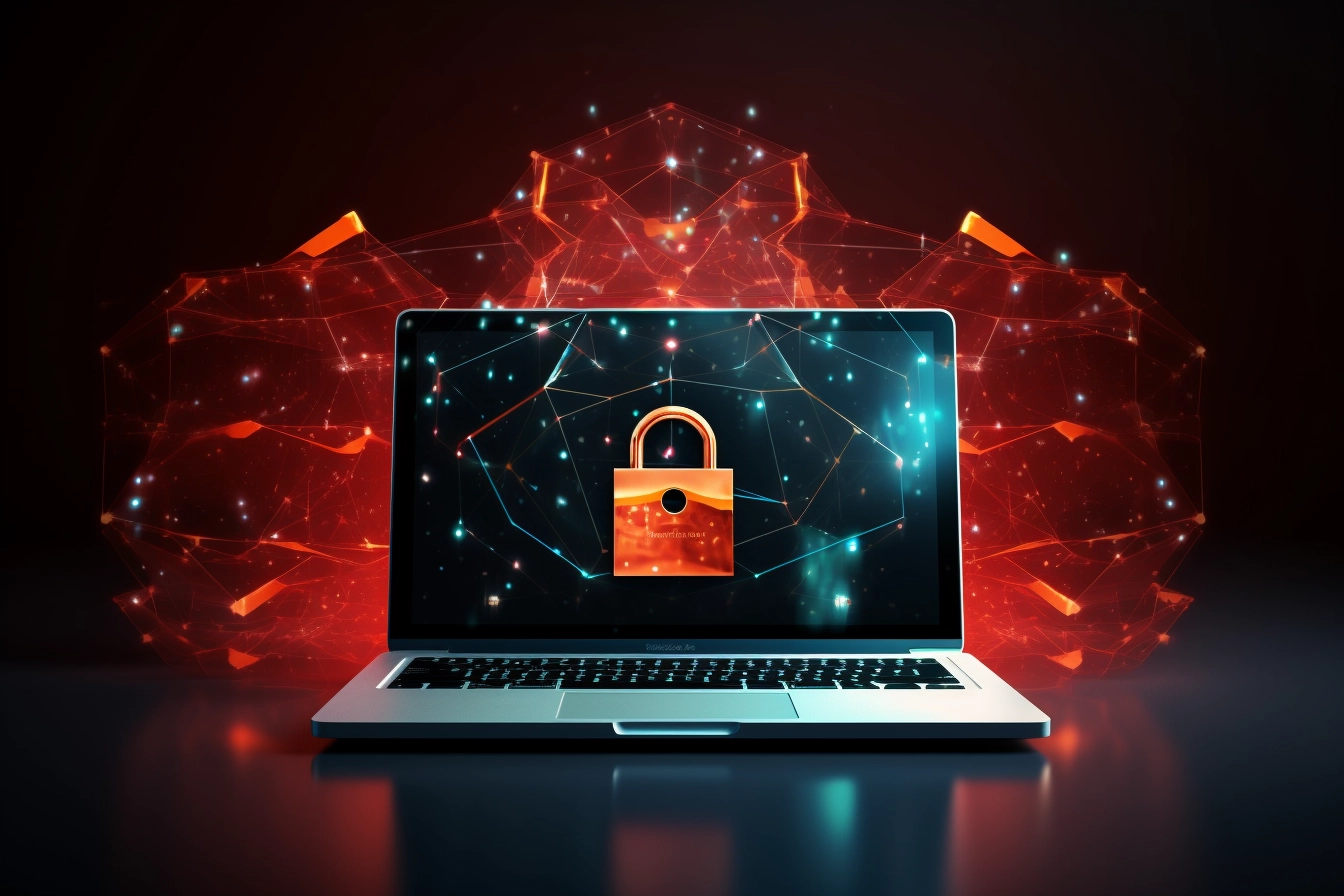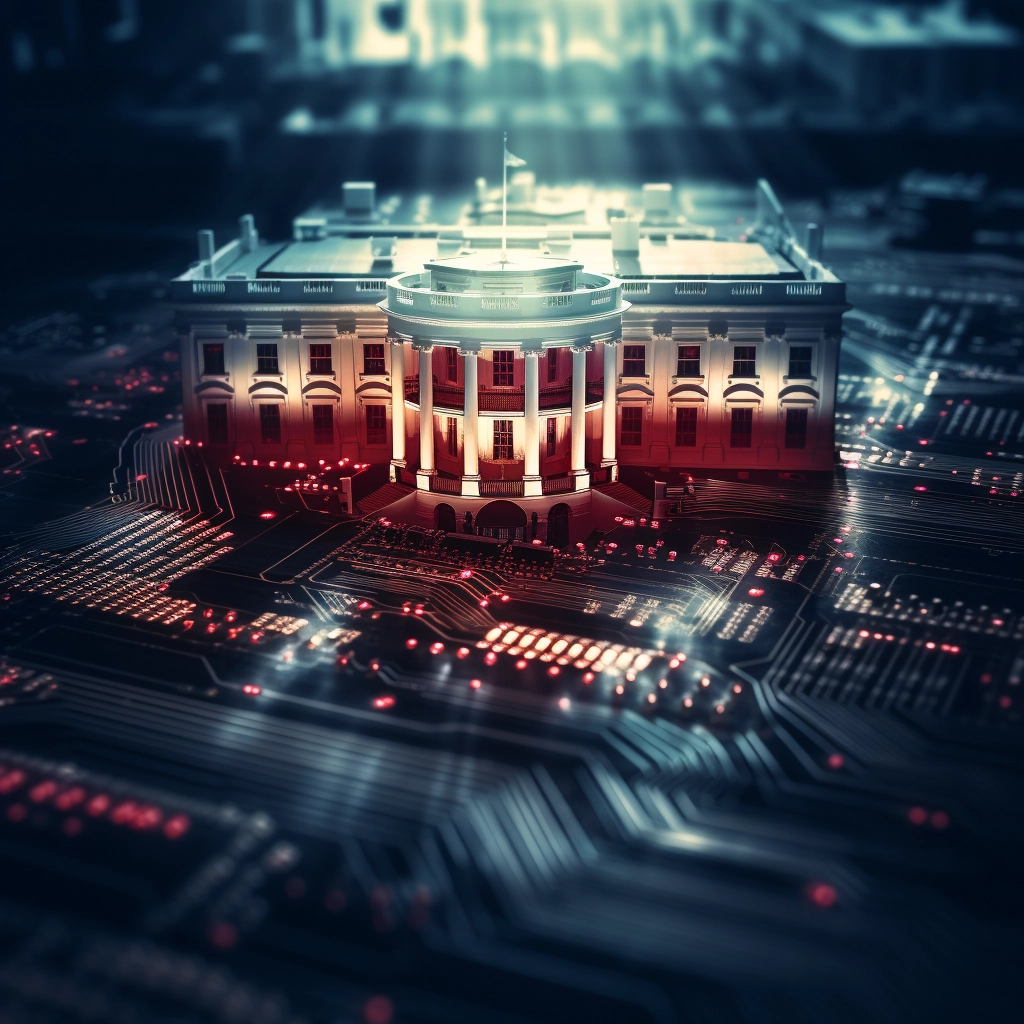In the digital age, the intersection of cybersecurity, politics, and information systems has become a focal point of global discourse. The rapid advancement of technology has not only transformed the way we communicate, but also the way we govern and protect our societies. This article delves into the intricate relationship between these three domains, highlighting their significance in shaping our world.
The Nexus of Cybersecurity and Politics
The advent of the internet has revolutionized politics, enabling instantaneous communication, mobilization, and information dissemination. However, this digital transformation has also exposed political systems to a new spectrum of cyber threats. Cybersecurity has thus become a critical concern for political entities worldwide.
Political organizations, from government agencies to political parties, are increasingly targeted by cybercriminals. These attacks aim to disrupt political processes, manipulate public opinion, or steal sensitive information. The impact of such breaches can be devastating, undermining public trust and destabilizing political systems.
The Role of Cybersecurity in Political Campaigns
Political campaigns are particularly vulnerable to cyber threats. Campaign strategies, donor information, and sensitive communications can be attractive targets for cybercriminals. Ensuring cybersecurity in political campaigns is thus crucial to maintain the integrity of the democratic process.
Moreover, the rise of social media has opened new avenues for cyber threats. Disinformation campaigns, often propagated through social media platforms, can manipulate public opinion and influence election outcomes. Therefore, cybersecurity measures must also address these evolving threats.
Information Systems in Politics
Information systems play a pivotal role in modern politics. They facilitate communication, data analysis, and decision-making processes. However, the reliance on these systems also presents potential vulnerabilities that can be exploited by cybercriminals.
Government agencies, for instance, use information systems to manage public services, from healthcare to education. A breach in these systems can disrupt essential services and compromise sensitive data. Therefore, securing these systems is paramount to the functioning of a modern state.
Big Data and Politics
Big data has become a game-changer in politics. It enables political entities to analyze public sentiment, predict voting behavior, and tailor their messaging accordingly. However, the collection and use of such data raise significant privacy concerns.
Moreover, the misuse of big data can lead to manipulation and misinformation. Therefore, it is essential to establish robust data governance policies to ensure the ethical use of big data in politics.
Cybersecurity and Information Systems: A Symbiotic Relationship
Cybersecurity and information systems share a symbiotic relationship. The effectiveness of an information system largely depends on its security. Conversely, effective cybersecurity measures rely on robust information systems for threat detection and response.

As cyber threats evolve, so must our cybersecurity strategies. This requires a continuous investment in research and development, as well as in the training of cybersecurity professionals. Moreover, collaboration between the public and private sectors can enhance our collective cybersecurity capabilities.
Building Resilient Information Systems
Building resilient information systems is a critical aspect of cybersecurity. This involves designing systems that can withstand, recover from, and adapt to cyber threats. Resilience can be achieved through a combination of preventive measures, such as encryption and authentication, and reactive measures, such as incident response plans.
Moreover, the human element is often the weakest link in cybersecurity. Therefore, fostering a culture of cybersecurity awareness is crucial to building resilient information systems.
Conclusion
The intersection of cybersecurity, politics, and information systems is complex and dynamic. It presents both opportunities and challenges. By understanding this nexus, we can harness the power of technology to enhance our political systems while safeguarding them from cyber threats.
As we navigate the digital age, let us remember that cybersecurity is not just a technical issue, but a societal one. It requires a collective effort, involving not just governments and businesses, but also individuals. Together, we can build a safer, more secure digital world.


